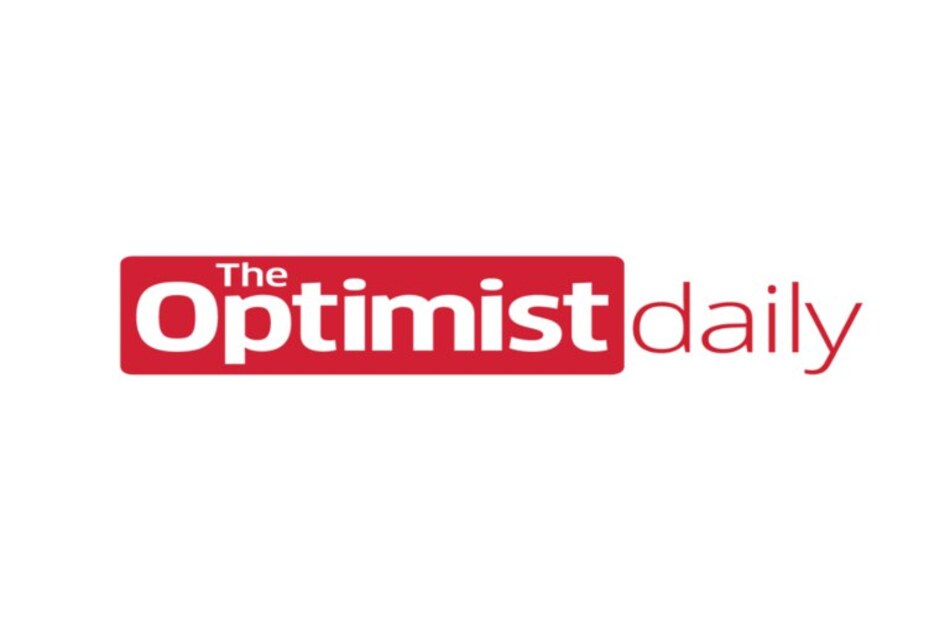Zoos offer an opportunity for everyone to witness the magic of wild animals, but unfortunately, many of the animals we see at the zoo are highly threatened in their natural habitats. One zoo trying to enhance the environmental reach of its programs is the Denver Zoo, which uses its adorable sloths to raise awareness about how palm oil farming contributes to habitat loss.
If you attend the sloth exhibit at the Denver Zoo, you’ll find a pair of Linne’s two-toed sloths named Elliot and Charlotte with their baby Wookiee, but these adorable slow-movers aren’t the only thing that will catch your attention. Next to their habitat in the Tropical Discovery wing is an informative guide labeled “Shop Smart to Save Sloths.”
The campaign is a partnership with Palm Done Right, an organization that helps palm oil farmers maintain their plantations more sustainably. It informs consumers on how to shop for deforestation-free palm oil to support growers that are doing their part to make palm oil more sustainable. Even if you don’t get the chance to head to the Denver Zoo, you can still take in the exhibit’s important message.
The organization urges consumers to look for products with the Palm Done Right logo. This logo indicates that farmers behind the product have met the Rainforest Alliance standards and are trained about the importance of forest and wildlife conservation. These farmers are preventing rainforest land from being clear cut, which destroys vital biodiverse habitats.
Buying products that do not contain palm oil is one way to take part in rainforest conservation, but with palm oil present in an estimated 50 percent of consumer products, this is not possible for many families. Palm Done Right also points out that other types of oil can be just as detrimental if the land is clear cut to produce them. Choosing farmers who value sustainability and conservation is a great middle ground. Another solution we have written about is the potential for synthetic palm oil to reduce the need for farmer varieties.











